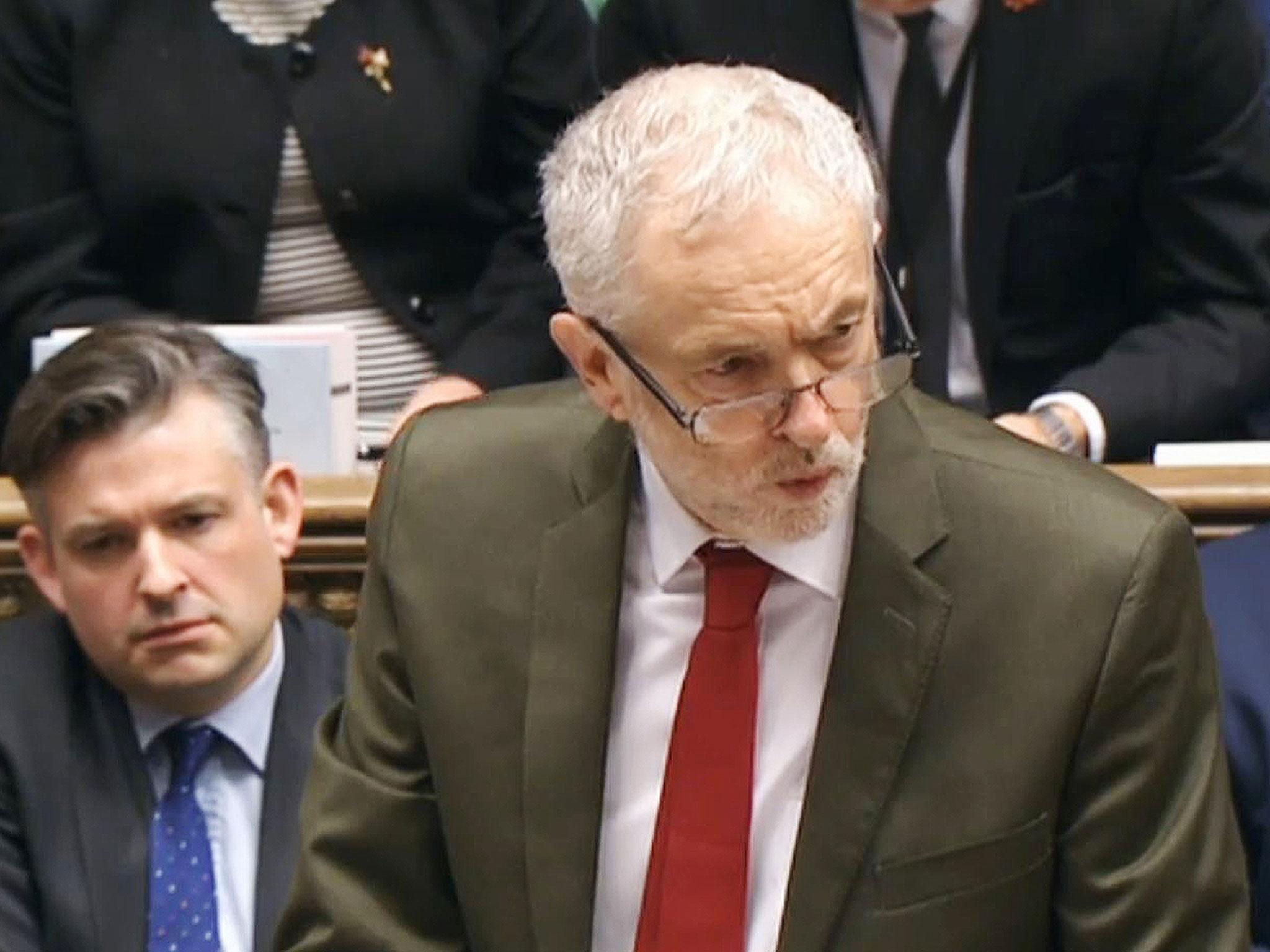Losing both by-elections is the best thing that could happen to Labour
Recent events make it likely that Labour will win both seats in the by-elections next week, meaning Jeremy Corbyn will remain leader – a disaster for the Labour Party


It looks as if the results of the two by-elections on Thursday will be the worst possible for Labour: it will hold both seats. That means Jeremy Corbyn’s leadership will be prolonged for a bit longer, and the damage to Labour’s image will be more serious.
When the dates for the by-elections were set, things looked more hopeful for the Opposition. I carried out a straw poll of Westminster journalists in the middle of last month and 18 out of 31 thought the Conservatives would win in Copeland, while 22 of the 31 predicted Labour would hold on in Stoke-on-Trent Central against Ukip. Naturally I was in the minority on both, predicting Labour would hold Copeland and lose Stoke, but I now think Labour will hold them both.
Since my survey, several things have happened. First, as expected, Ukip selected its leader, Paul Nuttall, to contest Stoke. Second, Nuttall began to self-destruct within minutes. Sometimes, these games of journalistic gotcha! with by-election candidates don’t have much effect on the voters, but the confusion about whether Nuttall was at the Hillsborough stadium disaster and whether he knew anyone who died there has cut through.
Third, Theresa May visited Copeland. It is still unusual for a prime minister to campaign in a by-election and it made me think that she must be intending to unveil something like the Humber Bridge – the announcement of which was credited with winning the Hull North by-election for Labour in 1966. On the contrary, she insisted unconvincingly that the Moorside nuclear power station was going ahead despite doubts about its financing, and repeatedly dodged questions about a local NHS maternity unit.
Nuttall obviously thought he had a chance in Stoke, and May thought the Conservative candidate, Trudy Harrison, had a chance in Copeland. Perhaps the Prime Minister knows something we don’t, but I think those chances were never good. Ukip has struggled in by-elections, except, before the EU referendum, where sitting Tory MPs defected. And the government party hasn’t gained a seat in a by-election, except for a special case where the SDP split the opposition vote in 1982, since 1961.
Two other things have happened that might have a bearing on the by-elections. Ten days ago Corbyn led most Labour MPs into the Government lobby to pass the bill to give the Prime Minister the power to start formal talks on leaving the EU. The Labour candidates in Copeland and Stoke both supported remaining in the EU, but are now aligned with their leader’s policy of supporting the start of the Article 50 procedure. That has reduced the scope for the Tories and Ukip to run campaigns, in two seats that voted to leave the EU, as votes for “getting on with Brexit”.
Then on Friday a Labour former prime minister who shall remain nameless made a speech saying it was his mission to change the minds of the British people about Brexit. Some Labour members who agreed with him nevertheless thought his timing was intended to embarrass the party in the week before the by-elections. Well, every little helps, I suppose, but I still think Labour will hold those seats.
Which means that Corbyn will carry on as leader for the time being. In fact, even if Labour loses one or both seats, he wouldn’t go straight away, although it might shorten the fuse.
And the former prime minister’s speech exposed a problem for Labour that is more fundamental than Corbyn’s leadership. The question of the leadership is twofold: it is not simply a matter of finding someone with better leadership skills than Corbyn, but of deciding what the party’s position on Brexit ought to be, as that is the subject that is going to dominate the next two years.
The paradox of the former prime minister’s speech is that, while it was important and the opposite of undemocratic to have someone make that argument and to make it well, it is not obvious that it is the right argument for the official Opposition to make. Indeed, if a young Tony Blair were a Labour MP now I think he would have voted for the Brexit bill last week, and I think he would now be running for the Labour leadership on a platform of trying to make Brexit softer, rather than one of trying to reverse it.
Clive Lewis, the former shadow Business Secretary who resigned last week, has positioned himself in what looks like the Blairite zone of opposing Brexit. He may be vindicated in the long run, but if a vacancy for the Labour leadership arose now it is not clear that an anti-Brexit candidate would win it.
The vote to leave the EU in last year’s referendum has done deep and irreversible things to British politics. Whether Corbyn is the Labour leader for a few months or a few years more, the party is only at the very beginning of coming to terms with that change.



Join our commenting forum
Join thought-provoking conversations, follow other Independent readers and see their replies